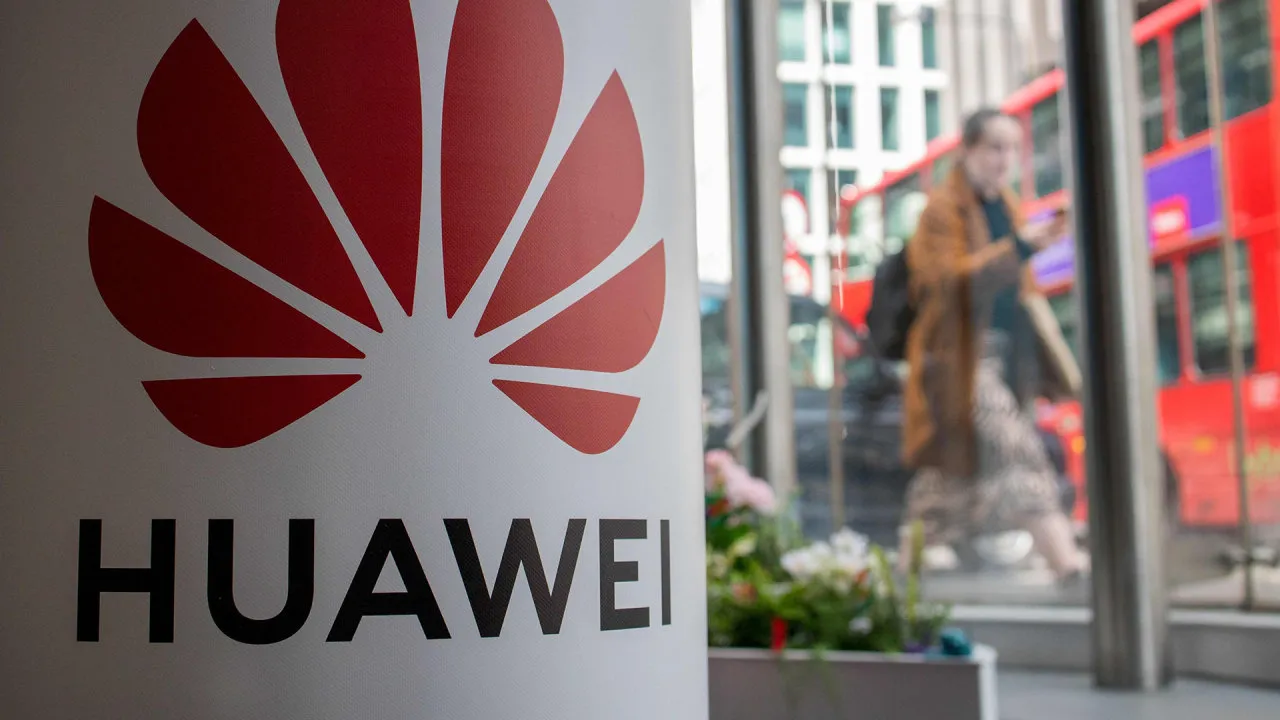Table of Contents
Following on from my previous letter regarding China, there are now interesting developments in the UK. It has ditched Huawei from the 5G programme and is looking to remove Huawei’s influence from the current infrastructure over the next few years. The UK’s mobile providers are being banned from buying new Huawei 5G equipment after 31 December, and they must also remove all the Chinese firm’s 5G kit from their networks by 2027.
This resulted in predictable reactions from the usual actors. China’s ambassador to the UK said the decision was “disappointing and wrong”.
“It has become questionable whether the UK can provide an open, fair and non-discriminatory business environment for companies from other countries,” said Liu Xiaoming in typical Chinese understatement. That’s a bit rich coming from him, and if we had a 10-point scale of hypocrisy it would probably be an 11. I wonder what comments he would have about the theft of IP from foreign companies operating in China.
This decision came after pressure from all members of the SIS, some changing their minds after considering the results on the American embargo against firms supplying Huawei. The move, which according to ministers has the potential to change Britain’s place in the world, is simply a consequence of US sanctions on all American chips being used by Huawei products announced in May. Sanctions the UK government probably objected to.
The fallout from the decision has started. Lord Browne of Madingley, the former BP boss, is to step down early as the UK chairman of Huawei Technologies as it faces a government ban on involvement in the UK’s 5G infrastructure. Lord Browne’s resignation leaves a trio of other non-executives on the Huawei UK board, the most recent addition to which was Sir Mike Rake, the former BT Group chairman.
Sir Andrew Cahn, the former head of UK Trade & Investment, and Sir Ken Olisa, the Lord Lieutenant of Great London and former deputy chairman of the Institute of Directors, remain on the Huawei UK board. Lord Browne was/is a fellow of the 48 club. Other fellows included Mr Victor Zhang, Vice President, Huawei Technologies Co Ltd; The Rt Hon The Lord Wilson of Tillyorn KT GCMG, Former Governor of Hong Kong; The Rt Hon Jack Straw MP, former Shadow Deputy Prime Minister, House of Commons; and The Rt Hon Sir David Lidington, former Minister of State responsible for European issues and NATO, Foreign and Commonwealth Office. For a full list of members and fellows click here. It is almost like a miniature Who’s Who of the great and the good of the UK. The tentacles of the CCP spread wide and deep.
No wonder it took so long to reverse the decision to use Huawei.
Coming back to the delightful Ambassador Liu Xiaoming, he told a webinar on Wednesday that Britain risks looking like the “junior partner of the United States”.
He suggested that a “golden era” between London and Beijing was losing its shine. He listed Huawei’s record over the past two decades as an increasingly important player in the UK telecommunications industry, creating 28,000 jobs and investing more than £2bn.
“The way you treat Huawei will be followed very closely by other Chinese businesses,” the ambassador said.
Had the British government allowed Huawei to stay in the UK’s 5G networks, it would have been a sign of approval the company could tout to other countries around the world which have their own security concerns. Banning Huawei would mean the UK is treating China as a “hostile country”, the Chinese ambassador to the UK has said.
Critics will argue this rather proves their point — that Huawei and the Chinese state are too close for comfort.
Britain’s change of heart will ensure the Five Eyes alliance agrees on Huawei, although Canada is yet to formalise its decision.
Frustratingly for Huawei, such is the respect with which British intelligence agencies are regarded, this decision is also likely to influence other countries still considering their 5G policy.
Surprisingly, the decision to drop Huawei isn’t in retaliation for the new security law governing Hong Kong, China’s behaviour over the coronavirus outbreak, the treatment of the Uighur Muslim minority in Western China, state-sponsored filching of IP, or years of trade difficulties.
It came to a decision point, and the UK had to choose between maintaining good relations with the 5 Eyes countries and other Western nations or to ally itself to China for the foreseeable future. The UK couldn’t justify such a major switch in global alliances.
If you enjoyed this article please consider sharing it with a friend.







